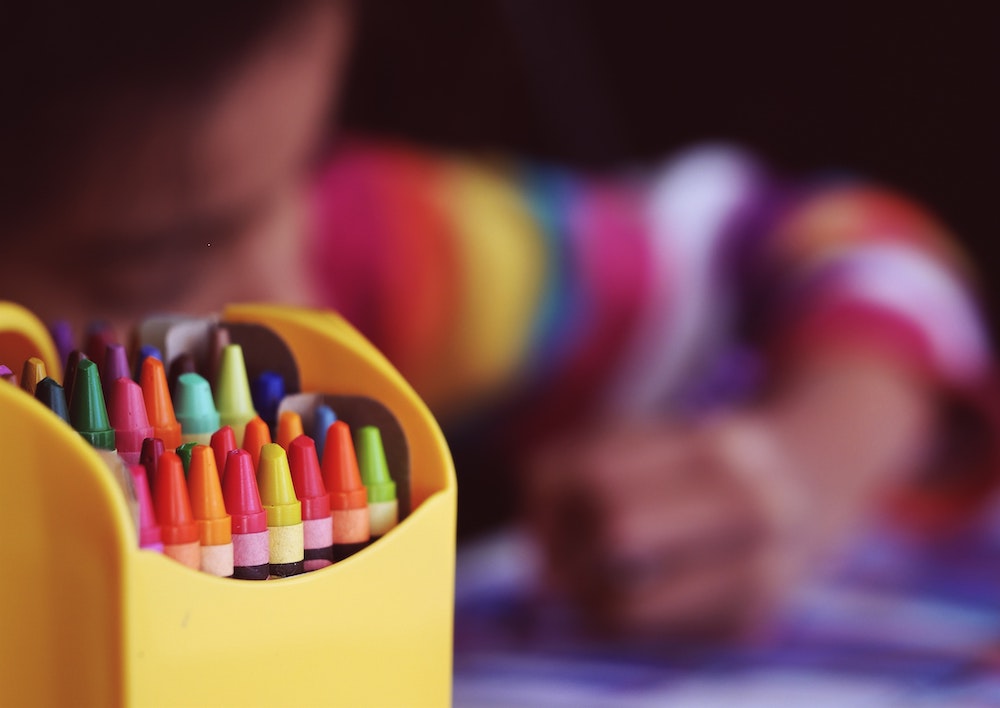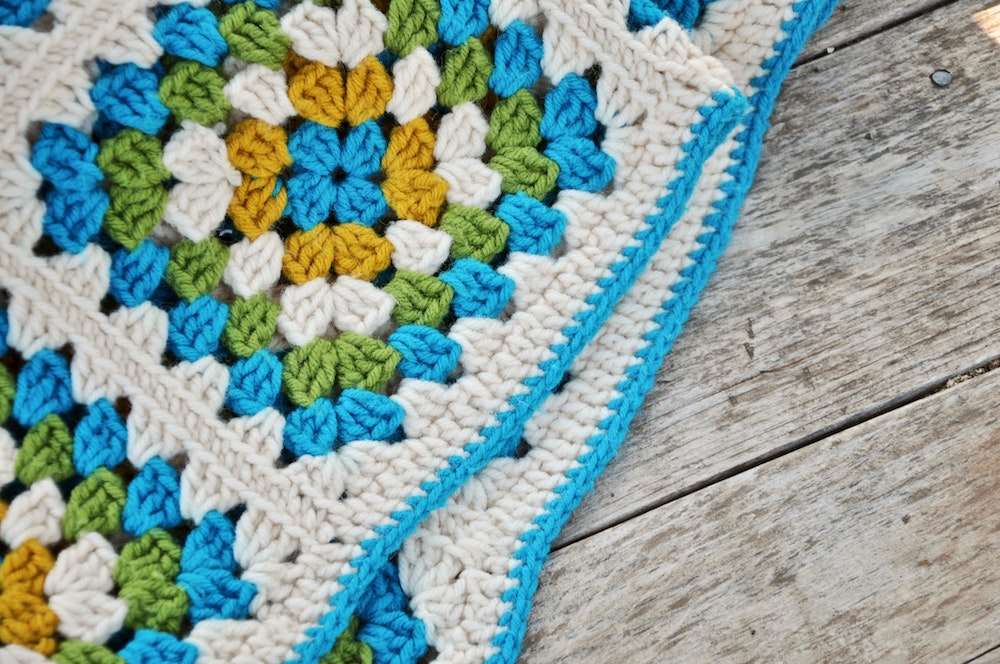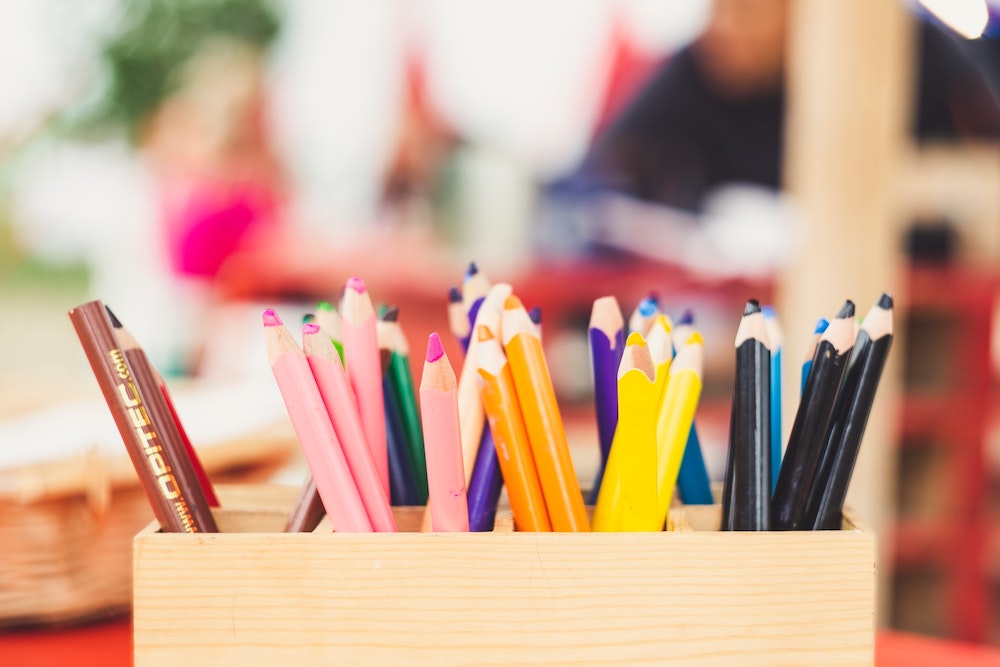As your child progresses from Nursery to Reception, as a parent or carer, you will no doubt be wondering how your child will find the transition.
Often, the transition to Reception can feel like a significant change. With more time at school and less time at home, many fear how their child will adapt to the new routine.
Here at St Peter’s Prep, we support many of our students throughout their pre-school education, all the way through to Year 8. We share our best advice to help Reception parents introduce the longer and more structured new school routine into your child’s life.
Why Transitioning To Reception Can Feel Significant
The main reason why transitioning to Reception can feel like such a significant step is because it sets the precedence of the school routine which pupils will follow for the rest of their time at school.
It means that more time of your child’s day is spent in the educational environment than previously experienced. With longer days away from home, it might feel like a big change.
Creating a positive experience from the get-go is essential to ensuring your child feels confident and encouraged to see school as a place of safety.
![]()
The Importance of Routine
A routine is a form of safety and security for young children. It is always vital to implement a routine for children, regardless of age. However, it is especially important for younger children. As children start school, a clear routine can help them transition from Nursery to primary school.
Feeling Secure
Unable to tell the time, a young child establishes their life through the events that happen, consequently becoming reliant on these occurrences.
Without a set routine, many young children can feel insecure. Sometimes, this feeling can advance into their teen years and affect their sense of self and how they adapt to their surroundings.
Provides a Safe Environment
Routine promotes confidence as children can predict what should happen next, as opposed to feeling fearful of the unknown.
In safe and predictable environments, children are more likely to learn integral life lessons, including trust. It encourages them to feel relaxed, and they will be more willing to explore the world around them without feeling anxious.
Practical
There are also many practical benefits of having a set routine including learning about time management, implementing important daily habits (like brushing teeth) and familiarising children with chores.
Challenging Times of Day
Routines can also help ease stressful times of day, like getting ready for school and going to sleep.
A set routine leaves little room for any dispute as your child knows what to expect.
Prepare in Advance
Slowly introducing elements of school routine to your child’s current routine is a great way to familiarise them with what will be expected when they start Reception. By the time Reception starts, it will feel like a more normalised part of their routine and reduce any emphasis on it being an overwhelming step.
Schedule Their Day Similar to School
Combining school and home routines is a great way to prepare your child for a new routine, without the overwhelming rush of doing it on the day.
You may want to start introducing small, little changes a few months or weeks before they start the new school year.
It could include practising things such as:
● Waking up at the correct time.
● Going to bed at the expected time.
● Eating meals and snacks at the same time as the school lunchtime and breaktimes.
● Getting dressed.
● Eating breakfast on time
● Practising the school run.
Create Picture Charts
As highlighted, many children preparing for Reception do not know how to tell the time or have a clear concept of time management. To help them establish a sense of routine and order, use a picture chart. Include any new changes to their morning and bedtime schedule in the chart too.
A picture of each task, in the order they need to complete it, will help them to visualise and familiarise themselves with what is expected in the rush of the school morning, for example.
For more advice on creating a smooth morning routine before school, take a look at our blog below.
Security Comforts
Many children have their own comforts which help them to feel safe and secure, such as a blanket.
As they head into Reception, they will no longer be able to rely on these items of comfort and spend less time with them.
It might feel challenging, but instead of going cold turkey when they start school, it might be worth slowly reducing their interaction time with the item, depending on how attached they are.

Introduce Activities at Home
Where you can, try and do creative activities, such as colouring, at home. You could even help them to write their name on their creation, as they will be asked to do at school!
Encouraging your child to do activities will help them to feel at ease when asked to complete similar tasks in their new class.
It also familiarises them with the objects they will be asked to use at school, such as colouring pencils or crayons, which will promote feelings of self-assurance.
Other essential elements that you will want to guide your child on to ensure they feel confident when starting Reception class include:
● Familiarising them with their belongings.
● How to get changed for P.E. lessons.
● How to go to the toilet correctly.
● How to wash their hands properly.
● Learning their name.
For more information on how you can help your child to prepare for their first term at school, including further guidance on the above, take a look at our blog below!
Phase-Out Naps
It is not uncommon for children aged three or four to still have naps. However, to help their mind and body get used to the energy required at school, try to phase them out in preparation for Reception.
A good bedtime routine is essential to support this, so make sure you implement wind downtime each evening as they adjust.

Share Stories and Discuss Feelings
It is essential to maintain an open conversation about how your child feels about school before, during and throughout their school life.
If they seem anxious, familiarise them with pictures or visits to the school, as well as sharing your own positive stories and memories of your own school experience. Showing photos of yourself at school is also a great way to help children visualise and familiarise themselves with the concept of starting school.
Try Not to Over Emphasise Changes
As important as it is to discuss school, try not to over-hype it. Any changes into a new school routine need to feel natural and normal, so any conversations need to reflect this. Try to avoid words such as ‘big steps’ as this can lead to feelings of being overwhelmed.
Talk Through Any Childcare Arrangements
Always make sure to explain any changes to pick up and drop off arrangements in advance. It will help them to know what to expect and avoid any last-minute panics. Add any changes like this to your picture chart to help your child understand and remember the arrangements.
We understand that the transition to Reception can make both child and parent feel nervous, but there are plenty of exciting prospects to focus on. To discover more about our educational opportunities at St Peter’s Prep or our private preschool, and request a prospectus or arrange a tour, please contact Rachel Elliott, Director of Admissions & Marketing, on 01395 280335 or email rachel.elliott@stpetersprepschool.co.uk










